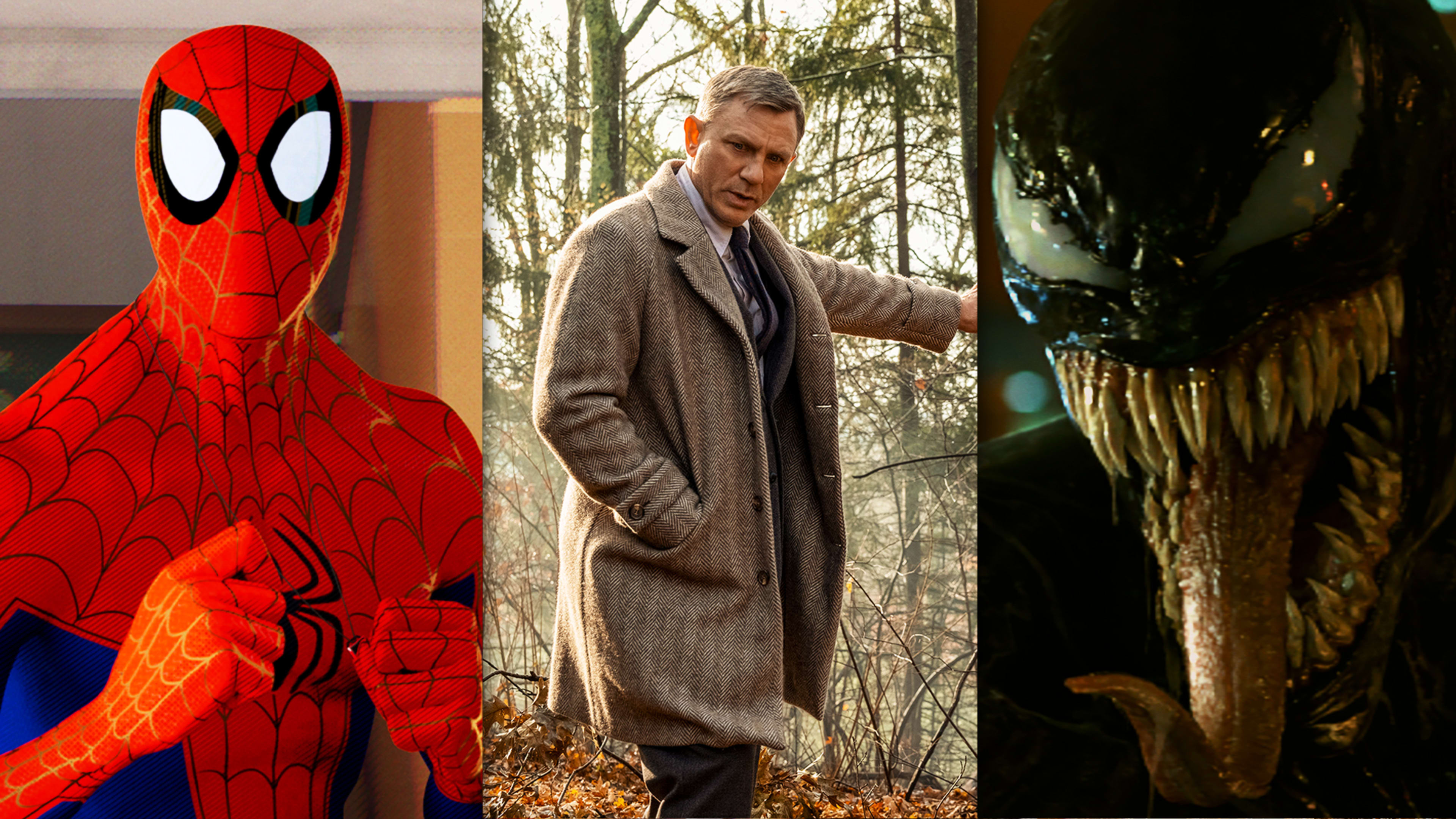Netflix is dramatically upping its content spend in 2021—to $17 billion—signaling that it will be making more bets on big movies and TV shows as it fights to fend off competitors like Disney Plus and HBO Max. While the latter have built-in access to popular franchises like Star Wars and Wonder Woman due to their Hollywood studio parents, Netflix has had to buy its way into the franchise business. It recently made a deal with Sony to become the streaming home to Marvel films such as Spider-Man and Venom, and it paid $465 million for the two sequels to Knives Out, the whodunit thriller starring Daniel Craig. As co-CEO Ted Sarandos said on an earnings call on Tuesday, “big event content” is crucial to the company’s strategy going forward.
Indeed, these big bets on known film entities (up until now, Netflix had mainly splurged on TV showrunners such as Shonda Rhimes, whose first big project, Bridgerton, was one of the few bright spots for the company so far in 2021) are likely to continue as the streamer wades into ever-more competitive territory and tries to maintain the momentum it enjoyed in 2020 as COVID-19 kept people strapped to their couches. On the earnings call, Netflix announced that its subscriber growth was slowing this year: In the first quarter, it added nearly 4 million subscribers, short of the 6 million it had projected. The news sent the company’s stock falling in after-hours trading, down 11%.
Netflix’s earnings and revenue projections actually beat Wall Street’s projections, and CFO Spencer Neumann said the subscriber slippage “boils down to COVID, frankly,” and the fact that so many of Netflix’s productions were shut down due to the global pandemic, causing delays. That created “some short-term choppiness in some of the business trends,” Neumann said, emphasizing that the second half of 2021 would see more launches of major TV and movie titles to attract new subscribers.
Among the anticipated releases for 2021 are new seasons of Cobra Kai and The Witcher, as well as the Netflix original film Red Notice, starring Dwayne Johnson, Ryan Reynolds, and Gal Gadot, as well as Extraction 2, starring Chris Hemsworth.
But with Amazon spending nearly $500 million on just one season of The Lord of the Rings, and Disney Plus series like The Mandalorian and WandaVision sucking up oxygen in the streaming verse—according to a recent study by Parrot Analytics, the two shows were the most in-demand digital originals in the first quarter of 2021—Netflix needs to go beyond the original content game. It needs to wade deeper into the intellectual property game, i.e., the hits business, hence the deals with Sony and Lionsgate (owner of Knives Out). “The fact that we can do very large-scale audience movies at the same level as the ones being produced and being made for theaters is more and more meaningful to viewers,” Sarandos said.
As for the Sony deal, which kicks in next year and also allows Netflix to produce original films from Sony’s library and development slate, Sarandos noted, “It gives us access to IP that we wouldn’t otherwise have.”
To pay for this and other major content investments, Netflix is upping its content spend this year a whopping 44% from 2020, when it spent $11.8 billion on content. In 2019, Netflix’s content spend was $13.9 billion.
For now, however, Netflix’s hit list feels more boutique than blockbuster. The company said that its most-watched shows during the first quarter of 2021 were Firefly Lane, which drew 49 million households during the series’ first 28 days on the service; the third season of Cobra Kai (45 million); Fate: The Winx Saga (57 million); and Ginny & Georgia (52 million). As for films, viewers streamed Outside the Wire (66 million); Yes Day (62 million); I Care a Lot (56 million); and the last installment of To All the Boys I’ve Loved Before.
Local language projects also drew eyeballs, with the French series Lupin drawing 76 million households during its first 28 days on Netflix.
During the earnings call, Reed Hastings, cofounder, chairman, and co-CEO, downplayed the idea that Netflix, which now has more than 208 million global subscribers, is facing any new competition from streamers like Disney Plus, saying that Netflix’s biggest competitor is linear TV, followed by YouTube.
“Disney is considerably smaller,” Hastings said, smiling. “We’re sort of in the middle of the pack.”
At least for now.
Recognize your brand’s excellence by applying to this year’s Brands That Matter Awards before the early-rate deadline, May 3.
